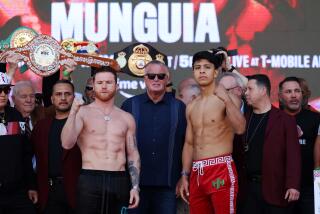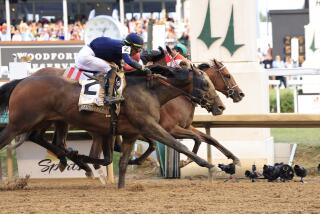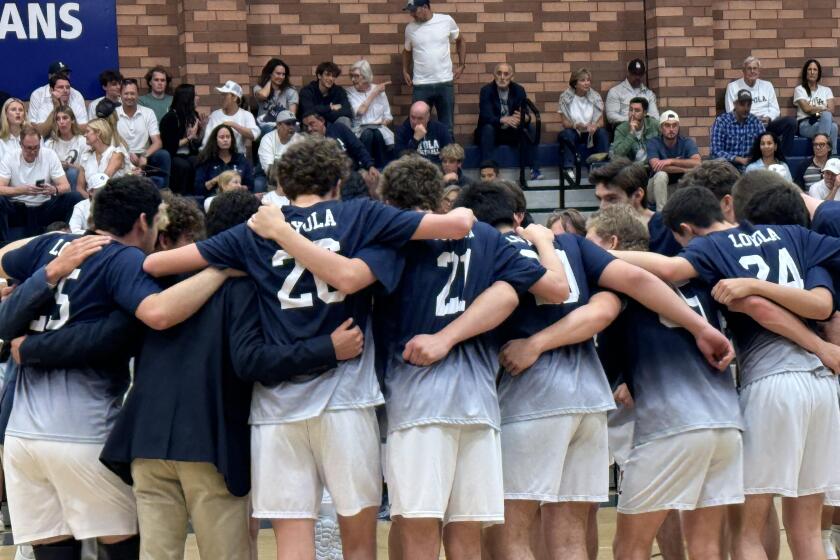He Shouldn’t Have Pitched to Clark
It says here the St. Louis Cardinals won the critical game of the World Series here Sunday night when the other team elected to pitch to Jack Clark in a crucial situation in the ninth inning and threw him a fat pitch out over the plate.
I don’t believe it. That was last week in Los Angeles, wasn’t it? Not even baseball would make that same mistake twice in a week, would they? Like, don’t they read the papers?
Apparently Dick Howser, Kansas City manager doesn’t. Or doesn’t believe everything he reads.
What is it Santayana said? “Those who ignore history are doomed to repeat it.”
Kansas City Royal fans will drink to that.
It’s always more poignant when a ship wrecks in sight of land and the lovable outlaw gets gunned down the night before he has his escape planned to Mexico.
The Kansas City Royals were in sight of land Sunday night. They had given the slip to their pursuers, it seemed, they were all but home free and they had tied the World Series. And then they hit the iceberg and the marshal was at the door with a loaded gun. The clock struck 12. The glass slipper didn’t fit. The game turned into a pumpkin.
“Sometimes, you’re just not supposed to win a game,” the rival manager, Whitey Herzog, of the Cardinals, sympathized with his victim later.
This was one of those times. The ball game was all but in the hangar for the Kansas City’s. There were two out, there was a meaningless runner on second, they had a 2-0 lead and their pitcher was pitching a three-hitter.
To be sure, the count was 3 and 0 on the hitter, Jack the Ripper Clark, but the percentages call for the hitter to “take” the pitch in that type of situation. The chances of it being a home run pitch are minimal. The idea is just to get on.
But Mr. Ninth Inning is not in a “take” hitter, not this October. Even though it was an off-speed screwball, maybe ball four, Clark went for it. He slapped it between shortstop and third. It got through largely because baseball wisdom in that situation calls for third basemen to be “guarding the lines,” i.e., cheating toward the sack, insuring that an extra-base hit doesn’t singe down the third base foul line.
That hit sealed the outcome as surely as Clark’s other two-out hit did in L.A. against the Dodgers last week.
It seemed to let the air out of pitcher Charlie Leibrandt. It seemed to paralyze his manager.
The ball was, so to say, still in Howser’s court. He had a runner on first, two out and the pitcher with the best save record in all the annals of baseball warmed up and ready to go in.
Dan Quisenberry has recorded more saves of games teetering on the brink, 217 in his career, than any pitcher who ever took over a ball in the top of a ninth with the tying or winning runs on base.
Howser needed only one out to get back in the Series. A .260 hitter was in his stance. Howser thought Leibrandt could eat him up. Landrum caught just enough of an outside pitch to squirt it barely fair into right field. A double.
With men on second and third, Howser ordered an intentional walk to the dangerous Cesar Cedeno.
The bases were loaded. Forty thousand pair of eyes turned to the bullpen where Quisenberry was warmed up. One pair of eyes did not--Howser’s. Manager Howser was going to dance with the guy who brought him here.
“Charlie just needed one strike,” Howser explained later. “He had pitched such a great game, one batter, just one batter, seemed in his grasp.”
The one batter he had to get didn’t agree. Terry Pendleton, who was closer to the situation than the Royal braintrust, was candid later. “I felt on the first pitch he (Leibrandt) didn’t have the same pop. The second pitch didn’t have the same pop.”
Neither did the fourth pitch. Pendleton hit it into left field for a base-clearing double. The 2-1 game was suddenly 2-4.
Manager Howser then took his pitcher out. He was never going to get that one strike he needed. He brought in Quisenberry. It was like sweeping out a bombed-out house.
The beauty of baseball is not exploding scoreboards, singalongs, even dramatic home runs or big-inning rallies. Baseball’s lifeblood is in the “Whatifs” or “Why dint he?” as in “Why didn’t he take the pitcher out?” “Why didn’t he walk him?” “Why didn’t he pitch to him?”
It fuels the game. The second guess is as sacred to baseball as the 23rd Psalm or the Apostle’s Creed.
The manager only gets the first guess. There’s no time for a grandstand election.
Manager Howser gets to go stand in a corner all winter. He gets to write 100 times on the blackboard “I will not pitch to Jack Clark in the ninth inning ever again so help me Babe Ruth.” Or “I will bring Quisenberry in the next time the game is on the line and two are out, I will, I will, I will, I promise !”
Baseball fans will pelt him with abuse all winter long. And love it. That what the game is all about. That’s what made baseball great.
More to Read
Get our high school sports newsletter
Prep Rally is devoted to the SoCal high school sports experience, bringing you scores, stories and a behind-the-scenes look at what makes prep sports so popular.
You may occasionally receive promotional content from the Los Angeles Times.






